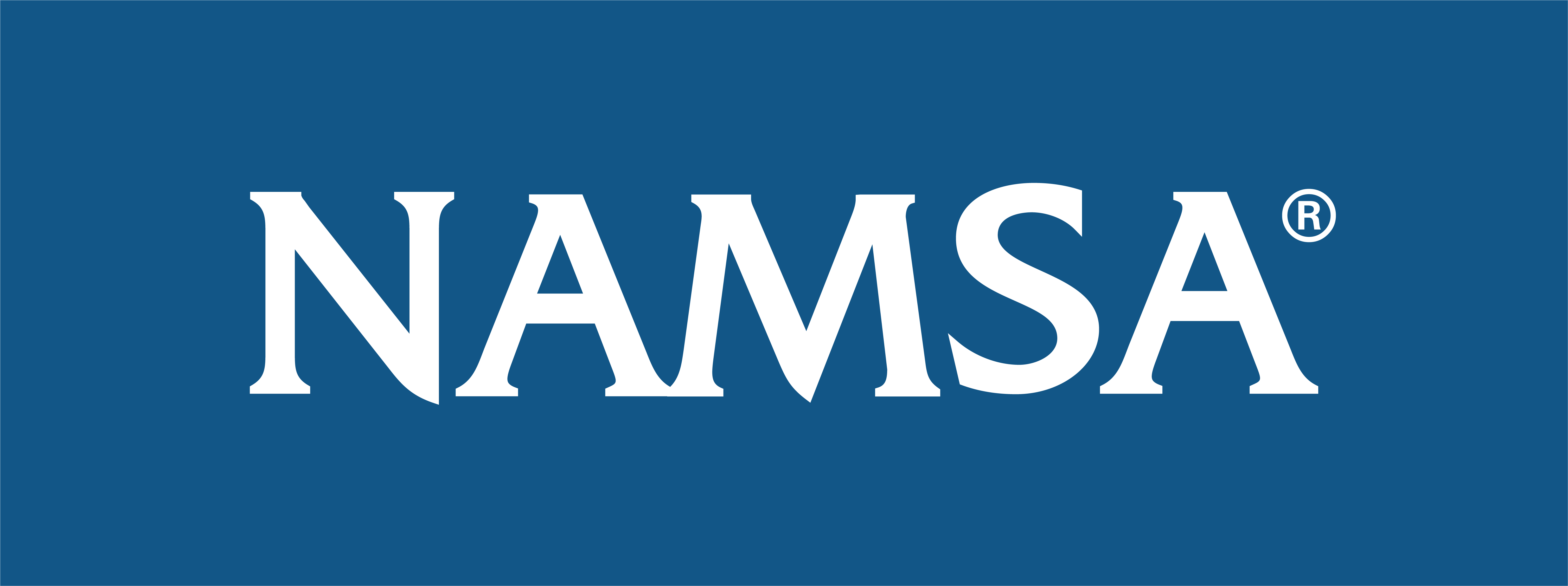Intact Skin Contact Devices:
To Test or Not to Test

In this episode, our hosts are joined by Allison C. Komiyama, PhD, R.A.C., Owner and Consultant at AcKnowledge Regulatory Strategies and former U.S. FDA Reviewer, to discuss the U.S. FDA’s latest draft guidance, “Select Updates for Biocompatibility of Certain Devices in Contact with Intact Skin.” The U.S. FDA has determined the biocompatibility risk of various polymers and fabrics to be low based upon a safe history of use in medical devices for this categorization. Our hosts dive into the list of materials, as well as the nuances of this guidance, that will ideally help manufacturers with intact skin contact devices receive market access with fewer questions.
“There might be some unnecessary testing going on in some cases.” –Don Pohl
“The long history of safe use. U.S. FDA uses a lot of resources to not only review the tests themselves, but they mention they spend resources on review of rationale and justifications; and I think that may be harder than reviewing test reports.” – Allison Komiyama
“It was very exciting when we saw this guidance document. We all felt like this was a long time coming.” – Allison Komiyama
“Class VI testing might become useful again.” – Sheri Krajewski-Bibins
“People are going to be googling Type 4 Sensitivity to figure out what that is because its sitting on a label.” – Don Pohl
“I commend the biocomp group on this document.” – Allison Komiyama
“I was thinking about a device I’m reviewing right now. I look back at that device and it has stainless steel and aluminum, and if I look at all those polymers, I have co-polymers as well. If I look at this guidance now, I would be left wondering if I can apply everything here or am I going to have to do cyto, sensitization and irritation because I have metals and some co-polymers that aren’t necessarily defined.” – Don Pohl
“Guidance is U.S. FDA’s current thinking, and even if it is a draft, we’ve had many reviewers say ‘there’s a new draft guidance, look at that.’” – Allison Komiyama
Discussion points include:
- Complete overview of the guidance and implementation
- Inclusions and exclusions for materials and devices
- Submission guidelines when applying this guidance
- Information needed to submit for these types of devices immediately
- Precautionary labeling instructions that may be necessary
*Please note that the opinions discussed throughout the podcast are their own and do not reflect that of their current or former employers.
Also be sure to check out our Biocompatibility Strategy Navigator.



